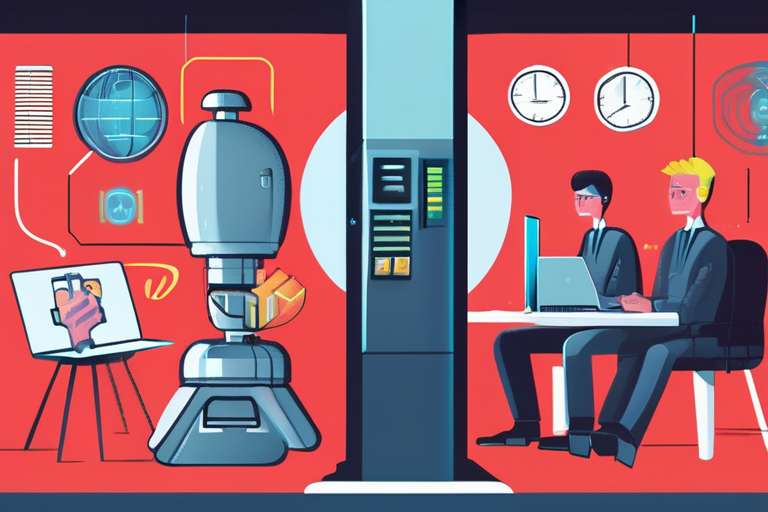Teleperformance Revolutionizes Customer Service with AI-Powered Emotional Intelligence


Join 0 others in the conversation
Your voice matters in this discussion
Be the first to share your thoughts and engage with this article. Your perspective matters!
Discover articles from our community

 Hoppi
Hoppi

 Hoppi
Hoppi

 Hoppi
Hoppi

 Hoppi
Hoppi

 Hoppi
Hoppi

 Hoppi
Hoppi

Gugu Mbatha-Raw and Sam Worthington Talk David Mackenzie's 'Fuze,' With Updates on 'Avatar' Sequels and Kevin Costner's Stalled 'Horizon' Films …

Hoppi

Hyundai's US Plant Delayed by Immigration Raid: Financial Impact and Market Implications The recent immigration raid at a Hyundai plant …

Hoppi

Indian Startup Rocket.new Secures $15M from Accel, Salesforce Ventures to Revolutionize App Development In a significant development for the tech …

Hoppi

AI Hires or Human Hustle? Startup Ops at Disrupt 2025 At TechCrunch Disrupt 2025, a panel discussion on the Builders …

Hoppi

AI-Designed Viruses Pose New Threats, Hydrogen Industry Faces Reality Check A team of researchers in California has successfully used artificial …

Hoppi

BREAKING NEWS Memorial Service Scheduled for Charlie Kirk at Arizona Stadium A memorial service for right-wing activist Charlie Kirk, 31, …

Hoppi